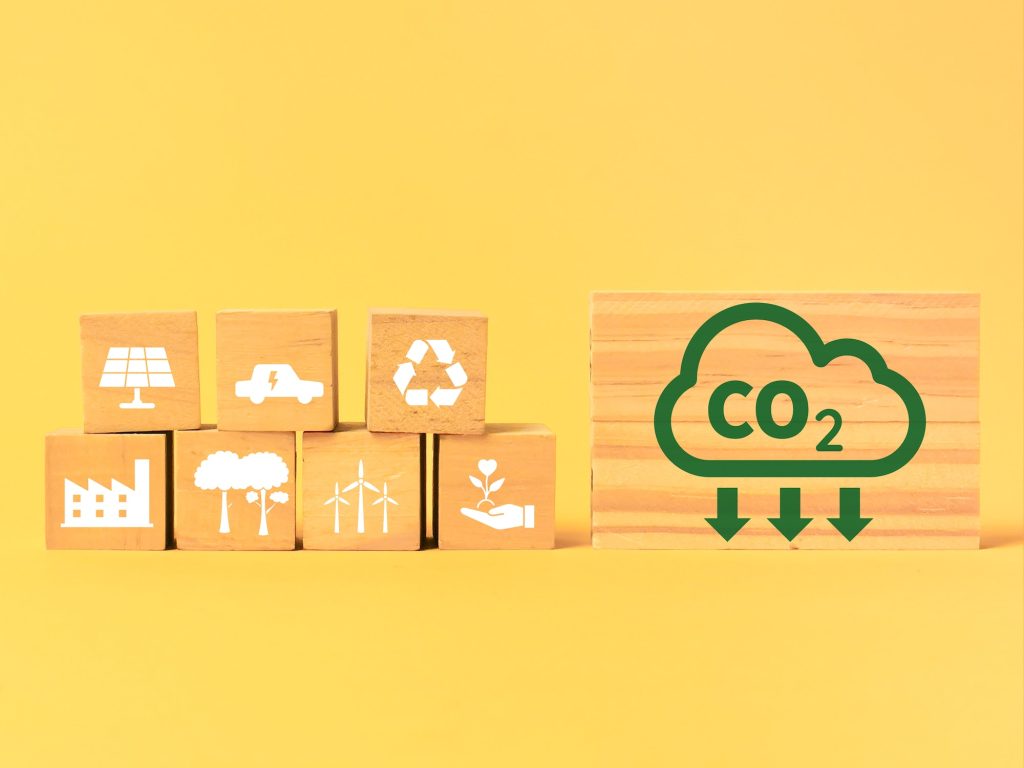ICT and green skills crucial for EU’s climate targets and green economy transition, stakeholders say
During an EU Green Week partner event, industry representatives and policymakers stressed the need to address Europe’s training gap to avoid hindering social cohesion, competitiveness, and the green and digital transitions.

Industry representatives and policymakers emphasised that the ICT sector and green digital skills are crucial for the European Union (EU) to achieve its climate targets outlined in the EU Green Deal agenda. During an EU Green Week partner event, experts highlighted the need for reskilling and upskilling citizens to address the challenges of the energy transition and climate change. The EU aims to lead the race toward carbon neutrality and tackle industrial challenges through legislative packages like the Net-Zero Industry Act.
The event recognised the importance of equipping society with the necessary skills to facilitate the transition to a green economy across the value chain. Huawei, a supporter of the event, pledged to collaborate with European partners and invest in training programs focused on green skills for ICT graduates worldwide.
The interconnection between IT and the Green Deal was highlighted, stressing the importance of addressing social inequalities in access to digital skills training. The session also discussed the significance of sustainable value chains enabled by circular economy principles. International trade and technological advancements were recognized as key drivers for poverty reduction and increased access to value chains.
It was noted that Europe has a training gap, which, if not addressed, can hinder social cohesion, competitiveness, and green and digital transitions. The event also underscored the importance of including women in the training process, and the need to accelerate knowledge and involve the industry and universities in driving the implementation of the Green Deal. Finally, the event highlighted the potential of digital solutions to optimise renewable energy generation, distribution, and consumption, supporting the EU’s goal of reaching 32% renewable energy consumption by 2030.
